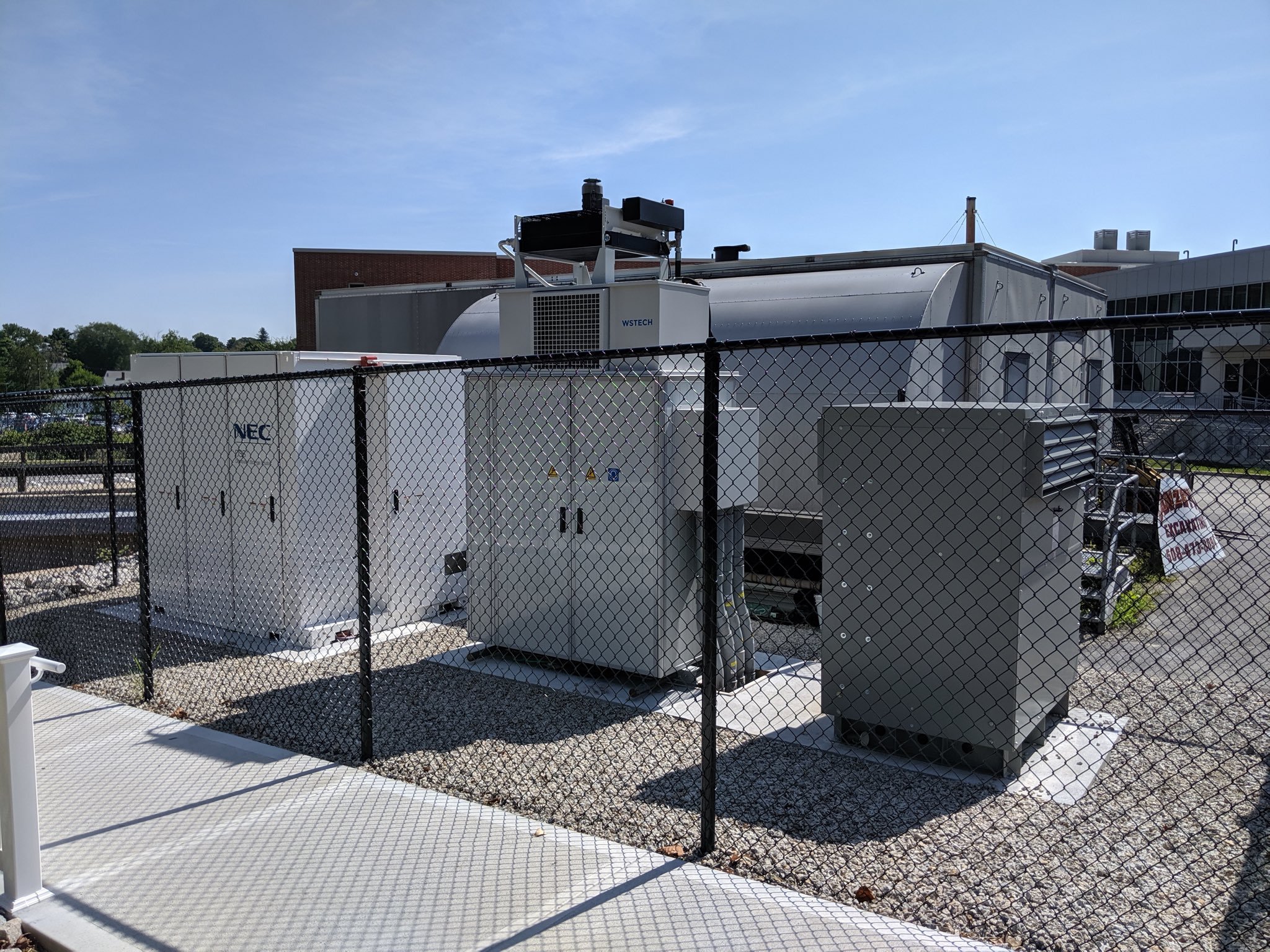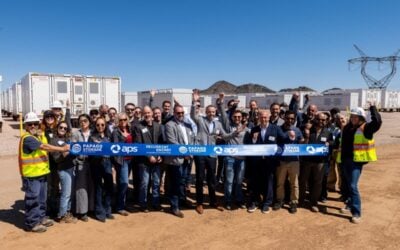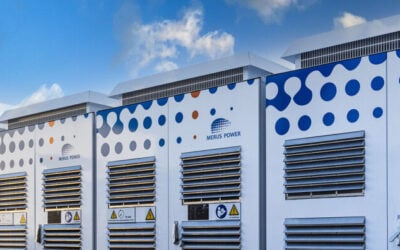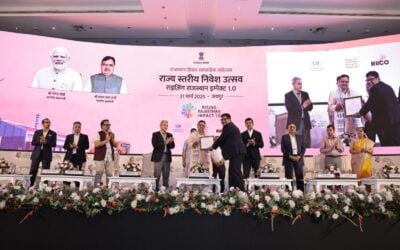
System integrators – companies that create large-scale and commercial and industrial battery energy storage system (BESS) solutions to order – have driven the market’s rapid growth so far but face a diversifying landscape marked by competition and consolidation in the years ahead.
That’s the assessment of Julian Jansen, associate director at IHS Markit’s Gas, Power and Energy Futures Consulting team, who has written a feature article examining the dynamics of the system integration space for our technical journal, PV Tech Power. IHS Markit believes that grid-connected energy storage installations will triple between 2020 and 2025, reaching nearly 50GWh a year of installations in that time.
Enjoy 12 months of exclusive analysis
- Regular insight and analysis of the industry’s biggest developments
- In-depth interviews with the industry’s leading figures
- Annual digital subscription to the PV Tech Power journal
- Discounts on Solar Media’s portfolio of events, in-person and virtual
During that time, despite the continuing decline of hardware prices including batteries and balance of plant components, annual hardware revenues are expected to get close to US$9.5 billion, more than doubling from US$4.2 billion in 2020. The industry's growth is accelerating competition and although there has been some consolidation already – and more expected – investment continues to flow into the space.
Jansen noted in his article that while there are many system integration players out there, a small handful including Tesla, NEC Energy Solutions and Fluence have held a leading position. However, the “system integrator landscape will further diversify” in future and competition will grow, Jansen said. One prominent example is that major solar inverter manufacturers such as SMA Sunbelt and Sungrow have entered the market via their solar-plus-storage project pipelines.
Indeed NEC has already begun its exit from the industry, despite being identified as the market leader in the US for some time. In that US market Tesla and Fluence remain strong, while Oregon’s Powin Energy and Finland-headquartered Wartsila have emerged alongside them as leaders: each of those players has “rapidly expanding project pipelines,” Jansen wrote.
In China, meanwhile, another of the “selected regional pockets” of the world in which energy storage has already risen rapidly, the scene is largely dominated by local players, and while the upstream supply chain for energy storage is “highly diverse”, with many suppliers of batteries and inverters in particular, the system integrator landscape downstream is more consolidated.
System integrators have the upper hand – for now
Looking ahead, Jansen noted that an influx of new market entrants is increasing competition among system integrators. One way new participants that might come from the battery or inverter manufacturing space can gain a competitive edge is by “forward integration” to supplying the full BESS, meaning that they can develop more and more standardised solutions. Jansen wrote that “this trend is being amplified by increasing commoditisation and decreasing margins in their core component business”.
Another change in market dynamics that has occurred already on a small scale, that could become a bigger trend, is that project developers and independent power producers (IPPs), which are currently a major portion of the large-scale energy storage system integrators’ customer base, could “take a growing role in system design and engineering responsibilities to improve projects margins,” in other words, taking on more of the roles traditionally associated with system integrators for themselves.
However, Jansen wrote, for now, system integrators already within the industry have a head start of experiences and competencies in dealing with many of the complex and unique challenges associated with designing and delivering BESS to projects globally. The analyst predicts that – within the next five years at least – “the system integrator model will not become obsolete”.
EXPLAINED: What is a system integrator?
By Julian Jansen, Associate Director in the Gas, Power and Energy Futures Consulting team at IHS Markit
- A system integrator is a company that specialises in combining component subsystems and ensuring that these subsystems function together as a whole.
- In the energy storage industry, a system integrator supplies the full battery energy storage system (BESS). As such it is usually responsible for procuring individual components, primarily the battery modules / racks, power conversion system (PCS) and other balance of plant; assembling the system; providing a wrap on warranties; integrating the controls and energy management system (EMS); often providing project design and engineering expertise; and providing operation, monitoring and maintenance services.
- As the industry continues to evolve, many system integrators vary in the degree of both upstream and downstream integration, with specific responsibilities often varying by contract and customer requirements.
To read Julian Jansen's article, 'The future of the energy storage system integrator in a maturing industry', as well as the other technical papers and feature articles across 89 pages in PV Tech Power Volume 25, visit the PV Tech Store to download or subscribe.






